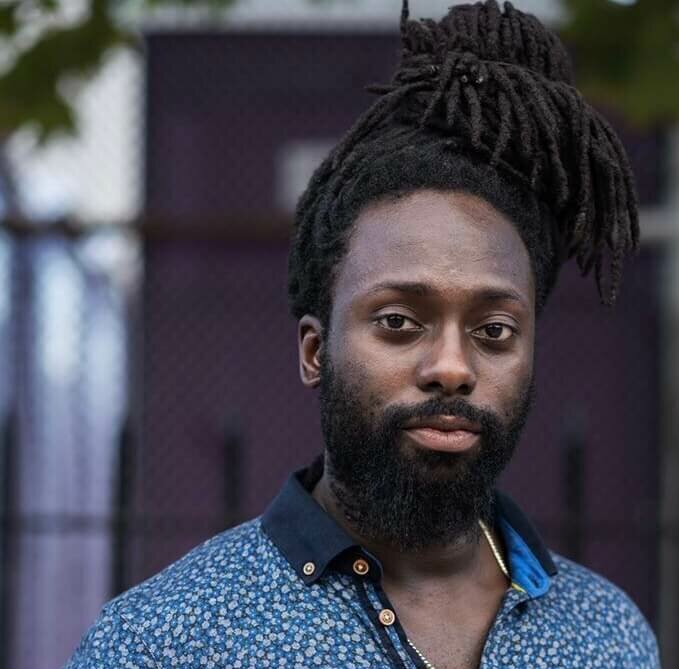The Art of Silent Expression: Acting Without Words
Acting relies heavily on verbal communication to convey emotions, thoughts and intentions. Yet, the ability to communicate without words is a potent form of expression in performance art. Silent acting can stir profound emotions and narrate captivating tales without the need for speech. Let’s delve into the importance of non-verbal communication in acting, strategies for honing this skill and its profound effects on both performers and viewers alike.
The Power of Silence in Acting
Quietness should not be mistaken for a lack of connection; rather, it serves as an alternative means of connection. Regarding performance, silence can carry more weight than spoken language. It enables actors to communicate the complexity of their characters’ feelings, ideas and motivations through gestures, posture and eye contact. Through silence, a sense of unease can be built, secrets can be unveiled and compassion can be stirred in manners that words may struggle to achieve.
Techniques for Mastering Silent Expression
Observation and Imitation
One of the first steps in mastering silent expression is to observe people in real life. Notice how they communicate without speaking, how their emotions are reflected in their facial expressions and body language. Imitate these observations in front of a mirror or record yourself to analyze and improve.
Physical Awareness and Control
Mastering silent acting demands a keen sense of physical mindfulness and mastery. Engage in various body control practices like yoga, dance or mime to refine your skills. These pursuits will enable you to communicate emotions and intentions through gestures and movements.
Facial Expressions
The face is a powerful tool for silent expression. Enhance your ability to convey a spectrum of emotions like happiness, sorrow, rage, astonishment and more through deliberate practice in front of a mirror. Pay close attention to the eyes, eyebrows, lips and forehead to master the art of expressing various feelings without uttering a single word.
Eye Contact
It’s commonly believed that the eyes serve as a gateway to one’s innermost self. In silent performance, establishing and sustaining eye contact with your fellow actor or spectators can establish a profound bond and communicate a wide range of feelings. By mastering the art of maintaining eye contact, one can effectively convey sentiments such as affection, animosity, apprehension or resolve.
Subtext and Inner Monologue
Understanding the subtext of a scene or character is crucial in silent acting. Develop an inner monologue for your character, even if you’re not speaking. This will help you stay in character and convey the right emotions through your non-verbal cues.
Breathing Techniques
Your breathing pattern can greatly influence your ability to express emotions silently. Practice different breathing techniques to convey calmness, anxiety, anger or sadness. Controlled breathing can also help you maintain focus and presence on stage.
The Impact of Silent Expression
On the Actor
Actors who have mastered the art of silent expression are able to delve into the intricacies of their craft. This skill compels them to communicate intricate emotions and stories without the use of words, prompting them to gain a profound insight into their characters and the narrative. Additionally, it broadens their capabilities as artists, allowing them to embrace diverse roles and excel in various genres of theater or cinema.
On the Audience
For the audience, silent expression can create a more immersive experience. This skill compels actors to communicate intricate emotions and stories without the use of words, prompting them to gain a profound insight into their characters and the narrative.
Mastering the skill of conveying emotions without words demands a profound comprehension of the role, adeptness in managing and shaping one’s body language, and a powerful bond with the spectators. As the legendary actor Charlie Chaplin once said, “Words are cheap. The biggest thing you can say is ‘elephant’.” Sometimes it’s the silent moments that speak the loudest.
Casting directors use Casting Networks every day to discover people like you. Sign up or log in today to get one step closer to your next role.
You may also like:
- Fincannon & Associates’ Kimberly Wistedt, CSA Talks Casting Netflix’s ‘Outer Banks’ and Atlanta’s Amazing Brunches
- Fincannon & Associates’ Kimberly Wistedt, CSA Talks Casting Netflix’s ‘Outer Banks’ and Atlanta’s Amazing Brunches
- What’s Casting: Frankincense & Myrrh, Tech Brand Campaign, Major Skincare Brand Commercial
Ilana Rapp is a media-savvy Generation Xer with instinctive wit, quick humor and a taste for deep human emotions. As a former (child) actress with Broadway, film and television credits, she is adept at, well, lots of things.




